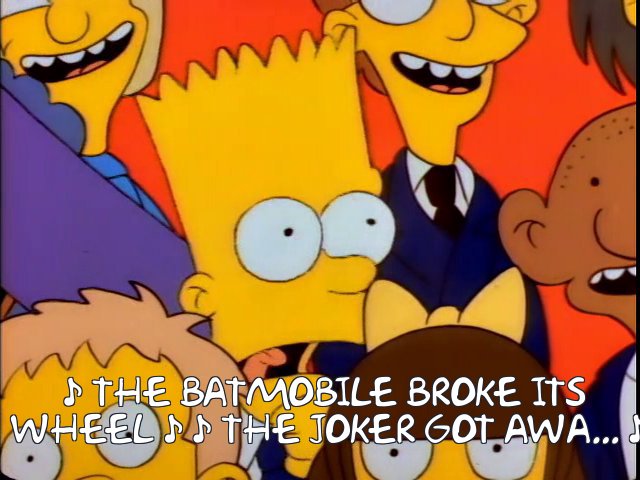The Forgotten History of Jingle Bells
The first episode of The Simpsons — Season 1, Episode 1 — debuted on December 17, 1989. Homer and Marge (with Maggie in tow) make their way to Springfield Elementary School for Lisa and Bart’s Christmas concert. Bart’s grade is singing a Christmas melody featuring the iconic song “Jingle Bells.” But Bart, as seen in this clip goes with some alternative lyrics — “Jingle Bells, Batman smells, Robin laid an egg; the Batmobile broke its wheel; the Joker got awa–,” resulting in him being pulled off-stage.

Jingle Bells, the lesson we should learn, is a wholesome Christmas song, not one to be manipulated by a rascally fourth grader. But that lesson is wrong. Jingle Bells is neither a wholesome song nor about Christmas.
The song we sing today was originally written by a guy named James Lord Pierpont. Pierpoint most likely wrote the lyrics in Medford, Massachusetts in 1850 although there is some debate around both the when and the where. (He first published the song in Savannah, Georgia, seven years later, and Savannah also lays claim to the song.) Those lyrics, to modern ears, sound very Christmasy — “dashing through the snow in a one-horse open sleigh” — but perhaps only glancingly so; there’s no mention of Christmas itself, and the “sleigh” isn’t Santa’s. (Santa’s sleigh, recall, is an eight-reindeer one, with apologies to Rudolph.) Most likely, Pierpoint’s lyrics were inspired by Medford’s sleigh races — and, most likely (per Snopes), those lyrics were written for Thanksgiving, not Christmas — and for a Sunday school class at that.
But there’s a problem with that theory: the rest of the lyrics don’t really scream “Sunday school.” The song doesn’t end after the verse you learn as a young child. The subsequent verses have references to a sleigh crash, a drag race-style rivalry with another sleigh driver, and — most un-Sunday school-ish — a note about galavanting with various women:
Now the ground is white
Go it while you’re young
Take the girls tonight
and sing this sleighing song
As the Atlantic points out, “it’s difficult to imagine fresh-faced children singing this for a Unitarian Thanksgiving service in the 1850s.” Another theory may be more likely: that Jingle Bells was a drinking song. The Atlantic continues: “‘Jingle Bells’ was a popular song to drink to in the 19th century, and guests at parties would ‘jingle’ the ice cubes in their glasses while they sang along.”
So, Bart shouldn’t have been singing Jingle Bells in the first place — it is about the wrong holiday and the real lyrics aren’t suitable for your typical fourth grader. Let’s not blame him too much for calling Batman smelly.
Bonus fact: As of this writing, there are 625 episodes of The Simpsons. Bart Simpson appears in all but one — episode 440, titled “Four Great Women and a Manicure,” which debuted nearly 20 years after the series began. The episode is about Lisa’s first trip to get a manicure, and she and Marge share stories of four famous women, hence the title. Bart — not counting the couch gag in the opening credits — not only fails to make it on screen, but he isn’t even mentioned.
From the Archives: Putting It All Together: Just like Jingle Bells never mentions Christmas, the Humpty Dumpty rhyme never mentions that he’s an egg. So where does that come from? This is that story.
